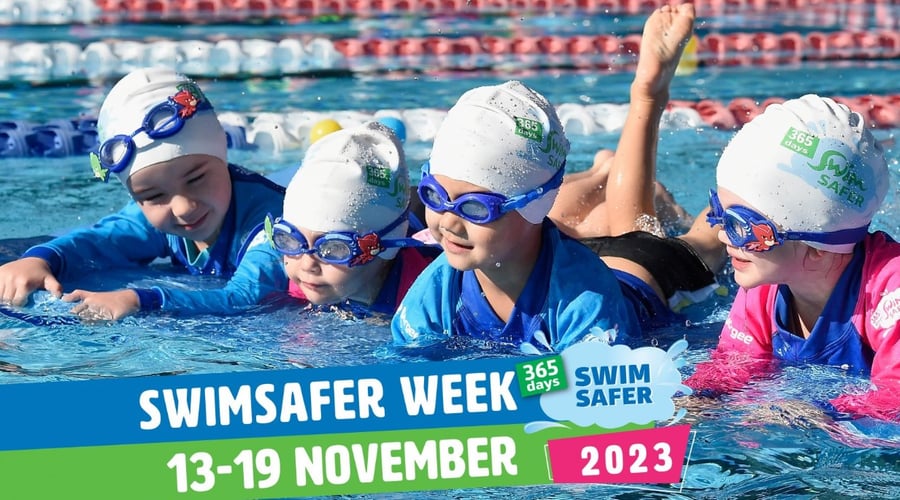Swim Safer Week
This week is Swim Safer Week and here at the Papamoa Surf Life Saving Club we’d like to remind our Papamoa families about the importance of being able to swim, especially as we live so close to the ocean. Visit the Swim Safer website for more information on learning to swim and details of our local swim schools - www.swimsafer.org.nz
As well as being able to swim, here is a reminder of some key water safety messages for the beach as we head towards summer…
KNOW HOW TO FLOAT
If you don’t know how to float, don’t go into the water. Just being able to float when you are in the water can increase your chance of survival. Floating allows you to calm yourself and keep your airways out of the water. It is also the first thing to do if you get caught in a rip. If you don’t know how to float well, practice or get some lessons in a pool before you head to the beach - being able to float is a key skill when learning to swim.
FIND THE SAFEST PLACE TO SWIM
Remember if you are heading to the beach, check www.safeswim.org.nz to find a lifeguarded beach, and always swim between the red and yellow flags, which show the safest place to swim. The surf lifeguards are there to help keep beachgoers safe and they always have eyes on this area.
IF IN DOUBT, STAY OUT
Waves can be bigger than they look, dangerous rip currents are hard to spot and weather conditions can be unpredictable. If you feel uncomfortable about getting into the water, stay out. It’s better to be safe than sorry. Too many people get into trouble in the water because they overestimate their abilities and underestimate the conditions.
TAKE CARE OF OTHERS
Always keep children within arm’s reach in or near the water. Waves can move quickly and unexpectedly and can knock kids off their feet and sweep them away. Everyone has different levels of ability, so watch out for your mates too.
KNOW HOW TO GET HELP
If someone in the water is in trouble and surf lifeguards are on patrol, let them know. If you can’t see any surf lifeguards, call 111 and ask for police. Police have a direct line to surf lifeguards and others who can help. If you’re in the water and in trouble yourself, signal for help.


